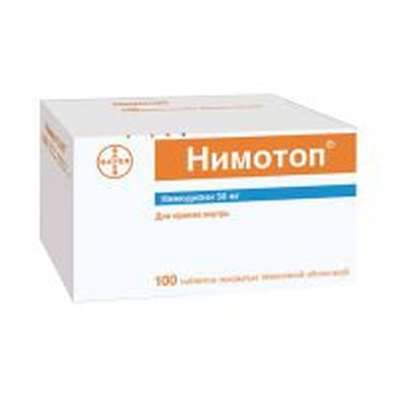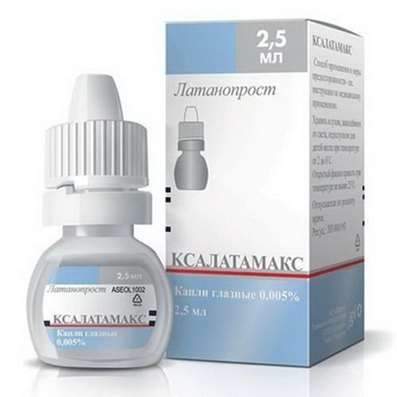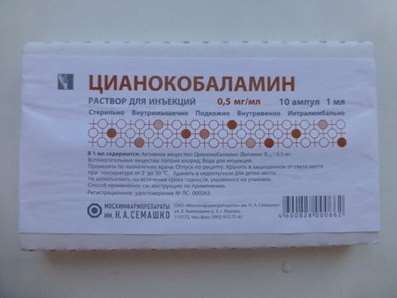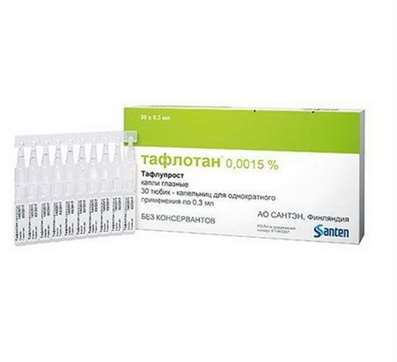Instruction for use: Noksprey
I want this, give me price
Trade name of the drug – Noksprey
ATX code R01AA05 Oxymetazoline
Pharmacotherapeutic group:
Decongestant agent - vasoconstrictor (alpha-agonists) [alpha-agonists]
Decongestant agent - vasoconstrictor (alpha-agonists) [decongestant]
The nosological classification (ICD-10)
J00 Acute nasopharyngitis [runny nose]
Viral rhinitis, Inflammation of the nasopharynx, Inflammatory diseases of the nose, purulent rhinitis, Nasal congestion, Nasal congestion with colds and flu, The difficulty of nasal breathing, The difficulty of nasal breathing for colds, Difficulty in nasal breathing, Difficulty in nasal breathing in colds, nasal, hypersecretion, cold, ARI with rhinitis phenomena, coryza, Acute rhinitis of various origins, Acute rhinitis with thick purulent mucous exudate, Acute nasopharyngitis, Swelling of the mucosa of the nasopharynx, Rhinitis, rhinorrhea, Infectious-inflammatory diseases of ENT organs, heavy cold, rhinopharyngitis, nasopharyngitis
J01 Acute sinusitis
Inflammation of the sinuses, Inflammatory diseases of the paranasal sinuses, Purulent inflammation of the paranasal sinuses, Infectious-inflammatory diseases of ENT organs, Infection of the sinuses, Combined sinusitis, Exacerbation of sinusitis, Acute inflammation of the paranasal sinuses, Acute bacterial sinusitis, Acute sinusitis in adults, Subacute sinusitis, acute Sinusitis, sinusitis
J06 Acute upper respiratory infections of multiple and unspecified
Frequent colds viral diseases, Infections of the upper respiratory tract, Acute respiratory disease influenza character, for colds Pain, Acute colds,Cold, respiratory infection,Seasonal colds, Pain in infectious and inflammatory diseases of the upper respiratory tract, Bacterial infections of the upper respiratory tract, Bacterial respiratory infections, Viral disease of the respiratory tract, Viral respiratory tract infections, Inflammatory disease of the upper respiratory tract, Inflammation of the upper respiratory tract disease, Inflammation of the upper respiratory tract illness with difficult sputum, Inflammatory airway disease, Secondary infections with colds, Shortness of sputum in acute and chronic respiratory diseases, Upper respiratory tract infection, Infections of the upper respiratory tract, Respiratory Tract Infections, Infections of the respiratory tract and lungs, Infectious-inflammatory diseases of the upper respiratory tract, Infectious-inflammatory diseases of the upper respiratory tract and ENT-organs, Infectious-inflammatory diseases of the upper respiratory tract in children and adults, Infectious-inflammatory diseases of the upper respiratory tract, Infectious inflammation of the airways,respiratory infection, Qatar upper respiratory tract, Catarrh of the upper respiratory tract, Catarrhal disease of the upper respiratory tract, Catarrhal symptoms of the upper respiratory tract, Coughing with a cold, SARS, ARI, ARI with rhinitis phenomena, Acute respiratory infection, Acute infectious and inflammatory disease of the upper respiratory tract, Acute respiratory disease, Sore throat or nose, Respiratory viral infections, Respiratory diseases, Respiratory infections, Recurrent respiratory infections, Secondary infection with influenza, cold in the chest, Feverish condition with flu usitis, acute sinusitis, genyantritis, purulent sinusitis
J11 Influenza, virus not identified
Flu, Influenza in the early stages of the disease, Flu in children, cold in the chest, Begins flu-like condition, Acute disease parainfluenza, parainfluenza, parainfluenza state, influenza epidemics, The pains of the flu, Influenza
J32 Chronic sinusitis
Allergic rhinosinusopathy, purulent sinusitis, Catarrh nasopharyngeal area, Catarrh of the sinuses, Exacerbation of sinusitis, chronic Sinusitis
Composition
Nasal Spray 1 ml
oxymetazoline hydrochloride 0.5 mg
Other ingredients: Camphor racemic; menthol; eucalyptol; dibasic sodium phosphate; sodium edetate (Trilon B); benzalkonium chloride; propylene glycol; purified water
10 or 20 mL vials with plastic stoppers, screw caps and nozzles to control the first opening; In the paper cartons 1 bottle.
Description
Colorless or slightly yellowish clear liquid with a specific smell.
Pharmacological Properties of NokspreyPharmachologic effect
vasoconstrictor, decongestant
pharmacodynamics
Oxymetazoline hydrochloride causes vasoconstriction of the mucous membranes of the nose, paranasal sinuses and eustachian tube, which causes mild and prolonged decline in the swelling and leads to the relief of nasal breathing. Relief nasal breathing occurs within 5-10 minutes after the injection into the nasal cavity and lasts about 10-12 hours.
Indications for Noksprey
To facilitate nasal breathing at:
colds;
influenza;
respiratory viral infections;
acute rhinitis;
sinusitis.
Contraindications for Noksprey
Hypersensitivity to the drug;
atrophic rhinitis;
pregnancy, lactation;
Children up to age 6 years.
Precautions: cardiovascular diseases (hypertension, ischemic heart disease, chronic heart failure, tachycardia, arrhythmia); angle-closure glaucoma; hyperthyroidism; diabetes; pheochromocytoma; chronic renal failure; simultaneous reception of MAO inhibitors, tricyclic antidepressants.
Pregnancy and breast-feeding
During pregnancy and breast-feeding the child the drug should be used only in case of explicit necessary, when benefit to the mother exceeds the risk to the fetus or child.
Side effect of Noksprey
Transient dryness and burning of mucous membranes of the nose, dry mouth and throat, sneezing, increased secretion volume emitted from the nose. May include the increase in blood pressure, increased anxiety, nausea, dizziness, headache, insomnia, palpitations, sleep disorders. With prolonged use - tachyphylaxis, reactive hyperemia of the mucous membrane (the feeling of nasal congestion) and atrophy of the nasal mucosa.
Interaction
Overdose or ingestion of oxymetazoline and tricyclic antidepressants or MAO inhibitors at the same time or immediately before applying oxymetazoline may lead to increased blood pressure.
Slows down the absorption of drugs mestnoanesteziruyuschih, extend their action.
Co-administration of other vasoconstrictor drugs increases the risk of side effects.
Dosage and Administration
The nozzle of the vial be administered in each nostril and sharply to press once on the bottle. During the injection of air is drawn into the nose. When injected Nokspreya not throw back his head back.
Adults and children over 12 years - 1-2 injections in each nostril. Repeat injection not earlier than 12 hours, children from 6-12 years (under adult supervision) -. 1 injection every 12 hours.
Overdose
Overdose with local nasal use sometimes leads to systemic effects such as increased heart rate (tachycardia) and increased blood pressure. In rare cases - anxiety, insomnia, fatigue, headaches and nausea.
Treatment: symptomatic.
special instructions
Do not use the drug more than 2 times a day. At the recommended dosage without consulting a doctor can use no more than 5 days. Prolonged use of decongestants for instillation into the nasal cavity can result in weakening their action. Avoid contact with the drug intended for intranasal administration, in the face. To prevent the spread of infection need to use the drug individually.
Storage conditions of Noksprey
The temperature is not higher than 25 ° C.
Keep out of the reach of children.
Shelf life of Noksprey
3 years.
Do not use beyond the expiration date printed on the package.

 Cart
Cart





